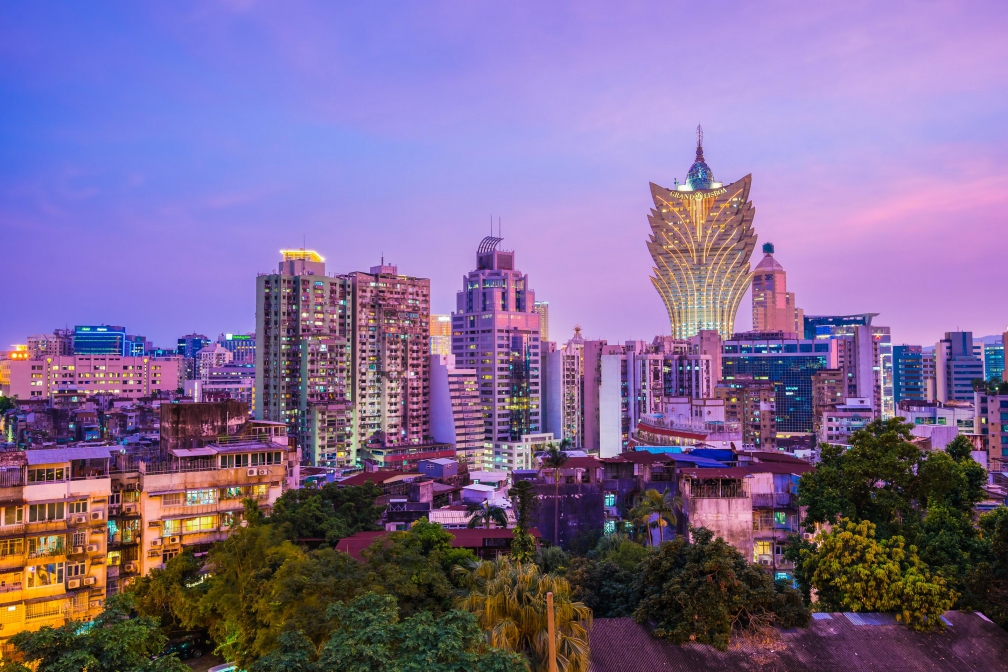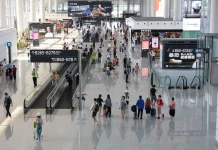According to a paper published in the journal CITIES about the Macau gaming industry, scholars conclude that the city is about to face a “complex and severe stress test” in the future after Beijing’s move to impose strict regulations on its gambling industry and to shut down its highly profitable VIP business.
The authors explain that Beijing aims to ensure Macau’s healthy and sustainable development without relying on “mass corruption”. The big challenge is that the expected decline in gambling revenue will compromise the government’s ability to control fiscal spending, particularly as the development of new industries often brings increased risk and requires a corresponding increase in government investment.
The research is written by three scholars from the Shanghai Cooperation Organisation Research Institute, Shandong University, and University of Macau. They are Edmund Sheng Li, Zhang Anning, and Yin Yechang. Their paper is entitled “A city profile of Macau—The rise and fall of a casino city”.
They point out that the dramatic changes in the external environment caused by the COVID-19 pandemic and the accompanying recession, as well as Beijing’s determination to overhaul the gambling industry, “have tarnished the city’s glamorous image and made it impossible for the Macau government to maintain the status quo or implement reforms at a slow pace.”
The political science scholars mention that in the context of the development of the Hengqin Guangdong–Macau In-Depth Cooperation Zone, along with the demands and expectations of Beijing and of Macau citizens regarding international participation, political and administrative reforms, and improved living standards, the Macau government is “likely to face unprecedented challenges in the foreseeable future.”
To sustain economic growth and ensure political and social harmony, experts say that “it is vital for Macau to pursue a structural shift from dependence on the gambling industry toward a more diversified and sustainable economy.”
To conquer the current dilemma, Macau needs to “work hard” to operate its gambling industry locally, “maintain the standing of the industry amid intense global competition”, and “provide standardized regulatory methods and market environments to meet Beijing’s expectations” of the proper operation of the gambling industry. In this process, “it is necessary to focus on reducing reliance on the mainland Chinese market, developing international markets, and reducing economic volatility.”
Additionally, “the Macau government needs to improve its regional cooperation capabilities and use its substantial accumulated funds to diversify its economy through the development of emerging industries, such as the high-tech industry, in Hengqin,” note the authors.
Over 90 percent of the pledged $14.8 billion investment in Macau by the six gaming concessionaires over the next 10 years is directed at non-gaming activities, with operators aiming to shift further into entertainment, health, sports and other fields.
And the results are already being seen, with new offerings such as Studio City’s waterpark, Galaxy’s planned outdoor festival and other world-class events taking place at the city’s venues. It remains to be seen how operators can keep their attractions relevant for each wave of incoming tourists, with the summer a key testing ground for how the rest of the year will play out.























